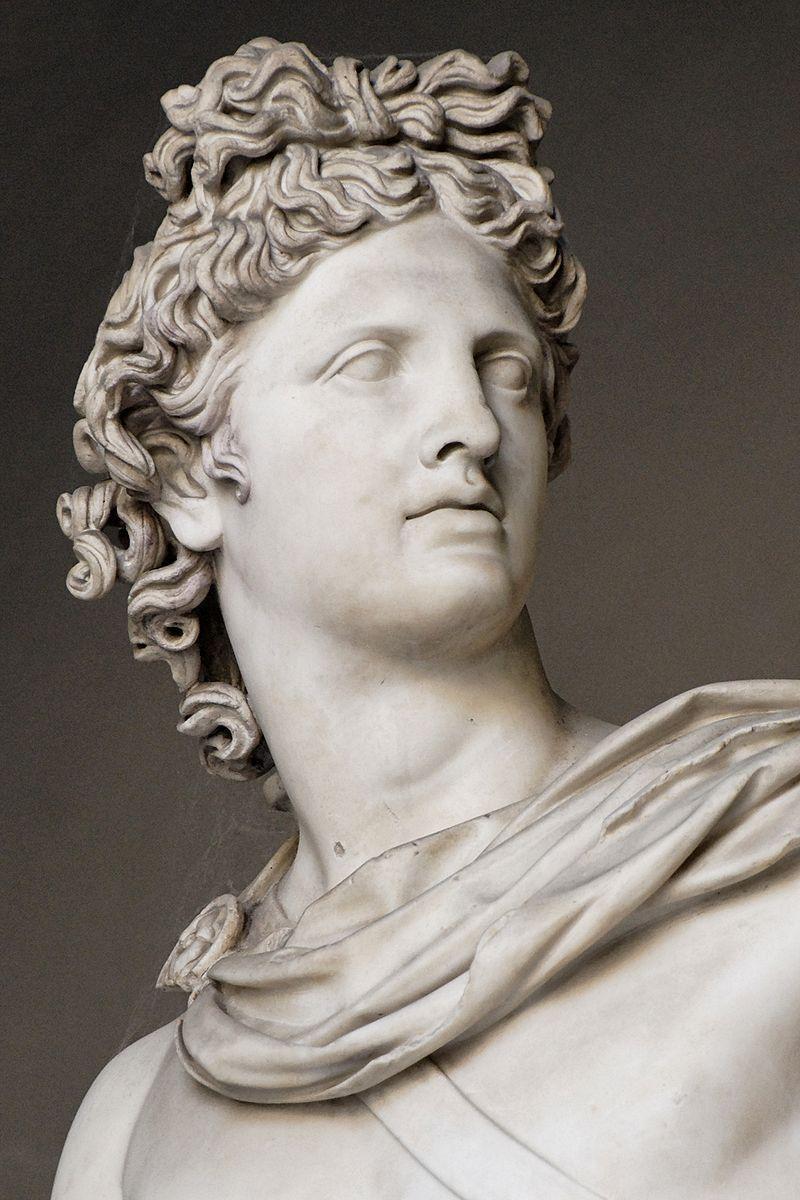Earning cashback has become an increasingly popular way for savvy shoppers to enhance their purchasing power, and Apollo is no exception. With a wide range of products and excellent services, shopping at Apollo can be both rewarding and fulfilling. While many people are accustomed to using discount codes and coupon codes to save on their purchases, cashback offers a different approach by returning a portion of your spending. Imagine getting money back on your everyday purchases at Apollo, making your shopping experience even sweeter!
Apollo specializes in providing a comprehensive selection of wellness and fitness products, ranging from supplements to fitness gear and nutritional snacks. They are dedicated to ensuring that customers have access to the highest quality items that support a healthy lifestyle. Whether you’re looking for vitamins to boost your immunity, eco-friendly workout gear, or delicious protein snacks, Apollo has something for everyone. Their commitment to quality and customer satisfaction makes them a favorite among health-conscious shoppers. And while discounts and coupon codes may not be the only ways to save money, Apollo’s diverse offerings mean that you won’t have to miss out on value when you choose to shop with them.
To enhance your shopping experience at Apollo, consider using a cashback service to earn money back on your purchases. For instance, by signing up with TopCashback, you can earn a percentage of your total spending as cashback every time you shop at Apollo. Simply create an account, browse through the available offers, and click on the Apollo link to start shopping. After your purchase is confirmed, your cashback will be tracked and credited to your account. This is a brilliant alternative to traditional discounts and coupon codes, as it allows you to save even more while enjoying the products you love. So the next time you’re shopping at Apollo, remember that cashback is just a few clicks away!
Q&A
**Q&A: All About Apollo**
**Q1: What is Apollo?**
**A1:** Apollo is a multifaceted term that can refer to various subjects, most notably the ancient Greek god of the sun, music, poetry, and prophecy. It is also associated with the NASA space program that landed humans on the Moon in the late 1960s and early 1970s. Depending on the context, Apollo might conjure images of divine inspiration or human ingenuity.
—
**Q2: What was the significance of the Apollo space program?**
**A2:** The Apollo program, which ran from 1961 to 1972, stands as one of humanity’s most remarkable achievements, showcasing technological advancement and international collaboration. Its primary goal was to land humans on the Moon and return them safely to Earth. This feat was successfully accomplished with Apollo 11 on July 20, 1969, when astronauts Neil Armstrong and Buzz Aldrin became the first humans to set foot on lunar soil, marking a pivotal moment in scientific history and exploration.
—
**Q3: How did the Apollo program impact science and technology?**
**A3:** The Apollo program served as a catalyst for numerous advancements in science and technology, driving innovation in areas such as materials science, computer technology, and telecommunications. Many of the technologies developed during this era have found applications in everyday life, from improved medical imaging techniques to the miniaturization of electronics. Furthermore, Apollo instigated a new era of space exploration, leading to ongoing research and missions that continue to expand our understanding of the cosmos.
—
**Q4: Can you explain Apollo’s role in mythology?**
**A4:** In mythology, Apollo is one of the Olympian deities, often depicted as the epitome of harmony and order. As the god of light and the sun, he symbolizes clarity and enlightenment, often associated with the arts, particularly music and poetry. Apollo also served as a prophetic figure, presiding over the Oracle of Delphi, where he conveyed divine insights to seekers. This duality of arts and oracles emphasizes his profound influence on ancient Greek culture and thought.
—
**Q5: What is the legacy of both the god Apollo and the Apollo program today?**
**A5:** The legacy of Apollo endures in various facets of modern life. The mythological Apollo continues to inspire artists, musicians, and thinkers, reflecting ideals of beauty, truth, and intellectual pursuit. On the other hand, the Apollo program represents the human spirit of exploration, innovation, and the desire to push boundaries. Today, it serves as a foundation for current and future space missions, including the Artemis program, aimed at further lunar exploration and beyond, emphasizing humanity’s relentless quest for knowledge.
—
**Q6: How can people learn more about Apollo?**
**A6:** For those intrigued by the mythological aspects of Apollo, exploring ancient texts such as “The Iliad” and “The Odyssey” or contemporary analyses of Greek mythology can provide deeper insights. As for the Apollo space program, numerous documentaries, books, and museums (like the Kennedy Space Center) offer vast resources for those wishing to delve into its storied past. Engaging with both the artistic and scientific narratives surrounding Apollo can reveal the enduring significance of this fascinating figure.


